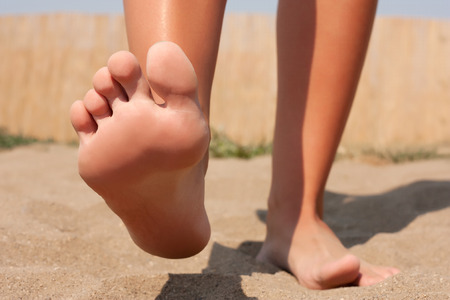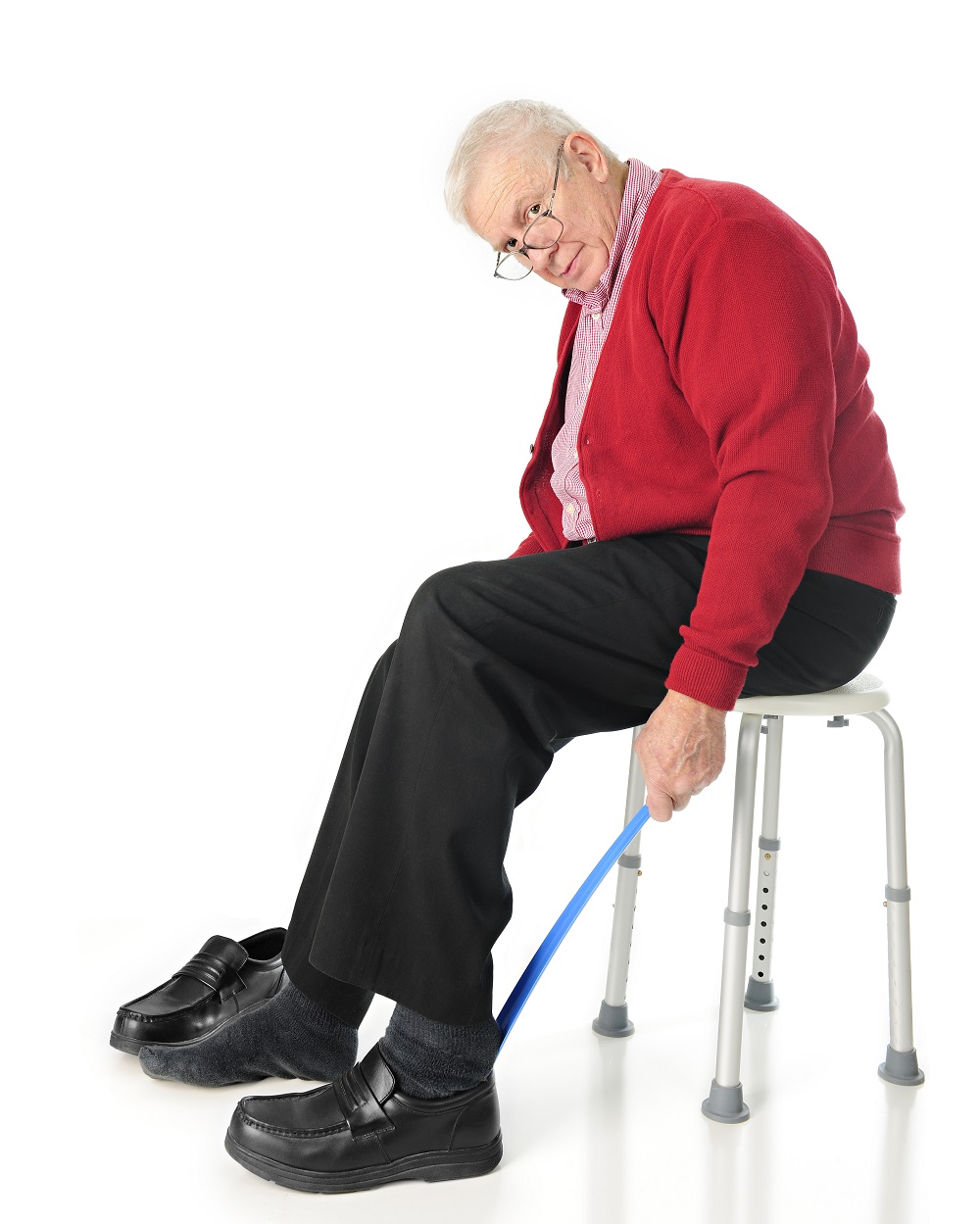Steps for Healthy Feet
General Health
- Control your blood glucose levels.
- If you smoke, quit.
- Exercise daily as directed by your health-care professional.
Caring for Your Feet
- Look for signs of redness or blisters on your feet. This shows your shoes may not be fitting properly.
- Wash your feet, then dry them well and moisturize. Dry especially well between your toes, and do not put cream there.
- Do not soak your feet.
- Care for calluses and trim toenails regularly. If you are unable to reach your toes or do not have feeling in your feet, have a health-care professional look after your toenails for you. Avoid using over-the-counter treatments unless directed to by a health-care professional.
Learn more by selecting the “Diabetes, Healthy Feet and You” brochure in your choice of language: English, French, Urdu, Vietnamese, Tagalog, Tamil, Spanish, Ojibway, Punjabi, Hindi, Japanese, Gujarati, Farsi, Chinese (Trad), Chinese (simp), Cree, Arabic.
Footwear
- Shake out your shoes before you put them on.
- Wear shoes at all times, indoors and out.
- Buy shoes with closed toes as they protect your feet from injury.
- Change your socks every day.
- Buy shoes late in the day as feet tend to swell.
- Have your shoes professionally fitted by a footwear specialist.
Learn more by selecting the “Finding the Proper Shoe Fit” brochure in your choice of language: English, French, Urdu, Vietnamese, Spanish, Tamil, Japanese, Punjabi, Gujarati, Hindi, Chinese(PRC), Chinese(HK), Arabic
Finding the Proper Shoe Fit
Shoes are very important for everyone but they’re especially critical for people with diabetes, to help them protect their feet and prevent injury, especially if they are experiencing loss of sensation (neuropathy).
More information available in these downloadable versions of this information, select a language: English, French, Urdu, Vietnamese, Tamil, Spanish, Punjabi, Hindi, Japanese, Gujarati, Chinese (Trad), Chinese (simp), Arabic





